CLTAD Culture and Cultural Capital day / Pecha Kucha / Michele Durante
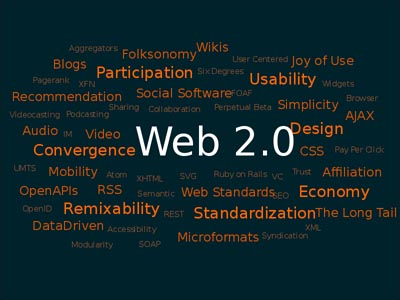
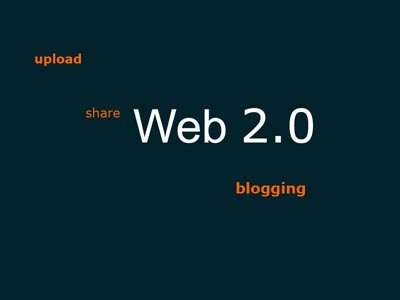
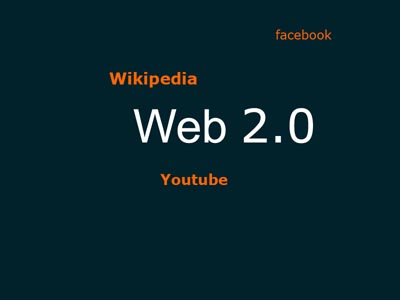
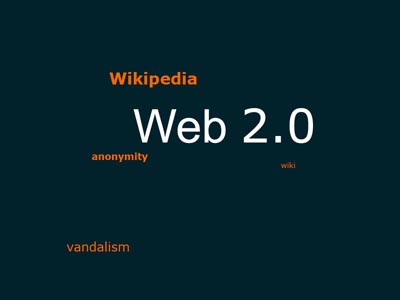
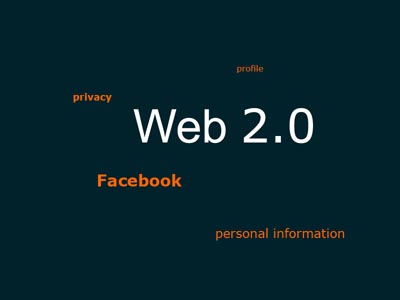
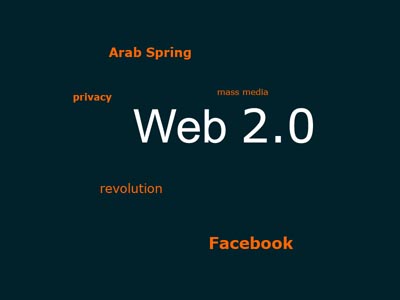
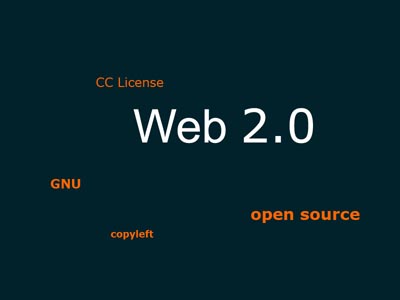
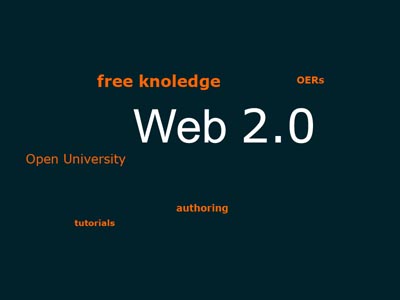
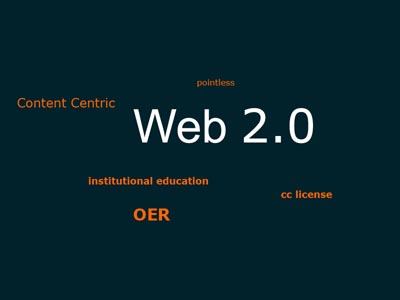





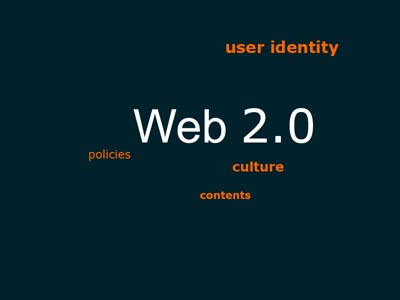
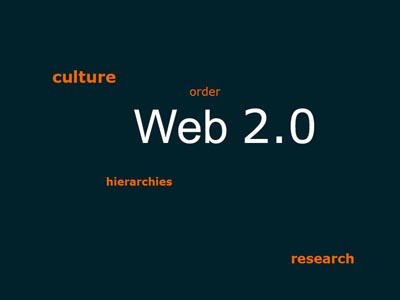
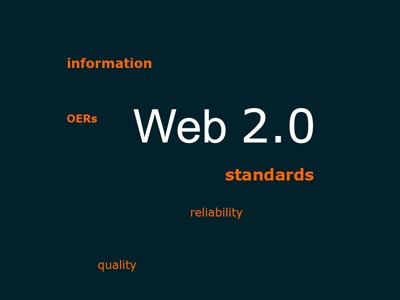
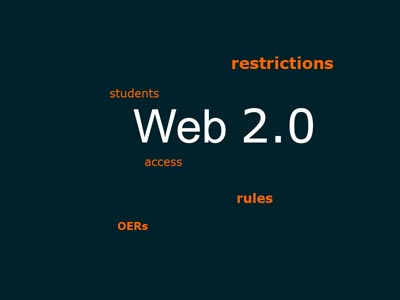
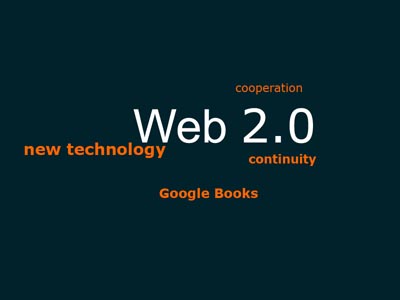
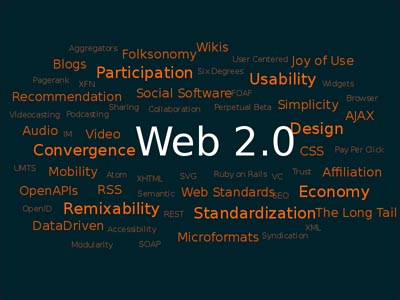
Web 2.0 - An Introduction / Culture and Cultural Capital day 18.01.2012 / Pecha Kucha / Michele Durante
With this presentation I will introduce some concepts key to the current structure of the internet. Starting from the well established concepts of collaboration, sharing, user-generated contents, through some quick references to existing web pages, I will aim to support the case for an evolution of the current model.
Uploading and sharing contents on the web was specifically made easy in the nineties at the beginning of the web 2.0 revolution. We're all familiar with the current terminology even without the necessity of being well informed about it. Blogging of any kind is very likely to be part of our daily lives.
In terms of web tools available to users, the true revolution came about with the birth of platforms such as Wikipedia, Youtube and the various social networks. These new tools simplified the process of uploading things and giving/receiving feedbacks, enhancing collaboration and posing new questions.
Wikipedia for instance is now a widely tested system for an effective mass collaboration. It has developed a set of rules to avoid vandalism and to comply to laws. Nonetheless, critics fear not without reason that the quality of the entries will eventually undermine the positive aspects of this collaborative project.
Another form of sharing is the one of Facebook and other social networks. Content here is represented by personal information the users choose to make available to a selected group of users or to the internet itself. These controversial tools are among the latest entries on the internet.
Recently, during the Arab Spring, they often represented the only accessible media capable to cover what was happening. Clips and photos were uploaded to share the news. And it worked out pretty well. In this case the web 2.0 could prove the importance of another core characteristic: immediacy.
The web 2.0 has also reshaped the habits around copyrighting and ownership. GNU and Creative Common Licenses allow internet users and companies alike to use and modify contents, at the same time challenging the rigid control that a vertical structure would exert on them.
Following these changes, another important revolution has taken place in the academic learning and teaching. Open Educational Resources and Practices are one of the academic responses to the the openness of the web. These aim to free knowledge and to make it accessible to anyone.
OERs are still debated today after ten years of their conception. It is debated whether or not they're relevant in a world of overwhelming information and if they're not focusing too much on content rather than ways to deliver that knowledge. They've also been accused of cultural imperialism.
Going back to the new questions, it's useful first of all to describe better the structure of the internet. Roughly it is a series of important hubs connected to smaller, peripheral nodes. In this sense information can easily be distributed on the entire network.
This is why we talk of a horizontal structure when dealing with it. I want to focus on this aspect. This type of structure fosters collaboration and equality between users. It provides a wider access to information. And the loose regulation it has enjoyed has supported creativity.
It is a similar principle that has guided Wikipedia to allow a great degree of freedom to any user, granting them with the permission to modify pages, with little control over what is written. As a matter of necessity this system has occurred in changes from the original state, improving itself.
Acts of vandalism damaged the reputation of Wikipedia and the ideas of openness itself. Tighter rules were applied in order for the system to remain manageable . In this sense the Wikipedia example demonstrates how so many different users cannot regulate themselves without external rules.
Many governments around the world acted in the same way to protect children and young people accessing the internet, giving parents and companies boundaries to prevent them from accessing dangerous materials. Punishment for who's committed crimes. Similarly to what has happened to Wikipedia.
These policies are not easy to implement and the identification of users is often difficult. But they have shown results and they're necessary. I think the same sort of control should be applied to more generic content uploaded and shared. There are scholars who have already highlighted the potential risks for culture.
Culture has traditionally been organised by defined structures, or hierarchies. Until recently, the sources were identifiable for what they were: the higher the level of the hierarchy often meant a higher quality of information, or research. The news read on newspapers fall in this category too.
Open Educational Resources are a good example. If critics say they're redundant, given the amount of information already available, I believe that they're acting positively in keeping the standard of the shared culture high. They're often funded by universities and this provides a quality filter.
The key idea behind them works just fine. It's mainly a matter of making them well known. Restricting the access to those able to upload contents will maintain the quality standard. Culture has always had, and always will have, the necessity to be externally funded. OERs don't differ in this sense.
Umberto Eco has correctly pointed out that a newer technology doesn't replace the older. They should cooperate instead. In the same way that bloggers won't replace journalists, Google books actual books, and education requires a change on a much bigger scale to leave universities' rooms.
New models of collaboration have paved the way for extensive creativity. However, something similar to a self-destructive drive and a more real difficulty in dealing with this huge amount of information, pose a great threat to the stability of the current system. Those tools are real vehicles of democracy and our generation must be active in preserving these privileges, remaining vigilant.

This Work, CLTAD Culture and Cultural Capital day / Pecha Kucha / Michele Durante, by Michele Durante is licensed under a Creative Commons Attribution-NonCommercial-ShareAlike 3.0 Unported license.

